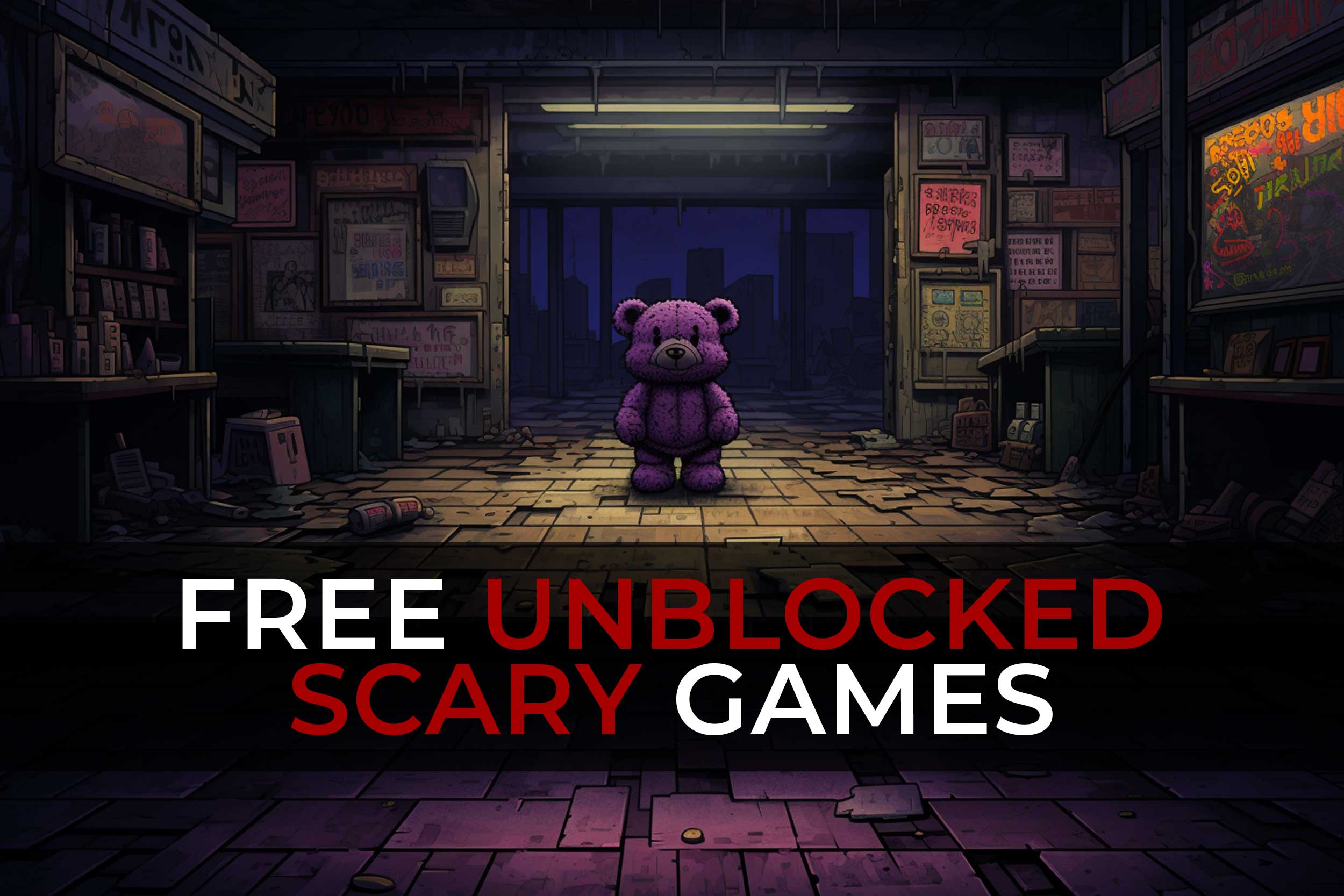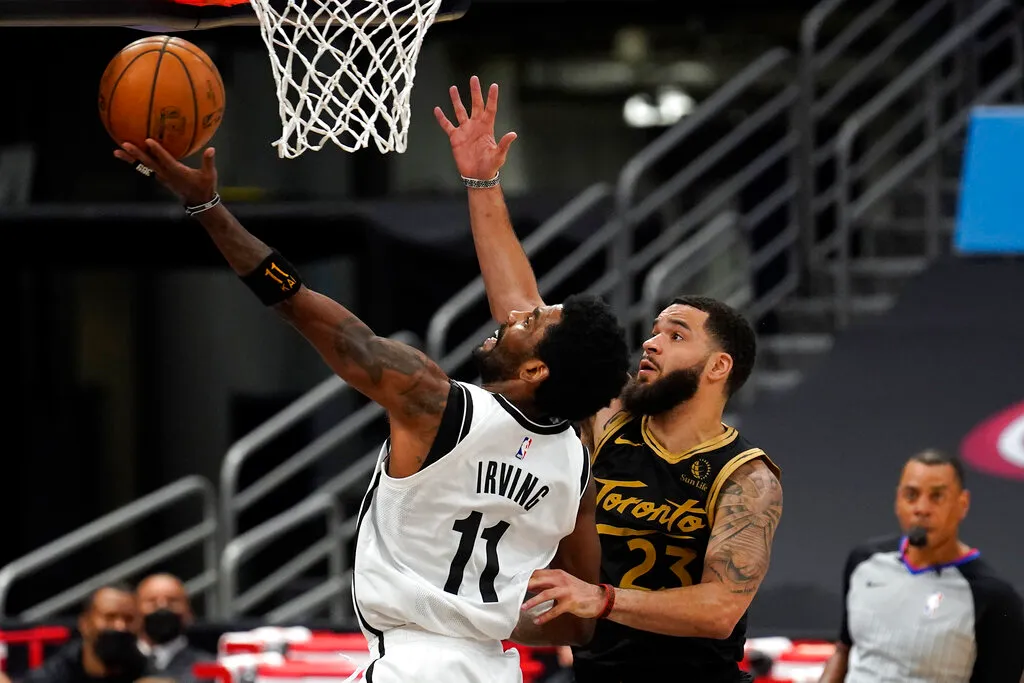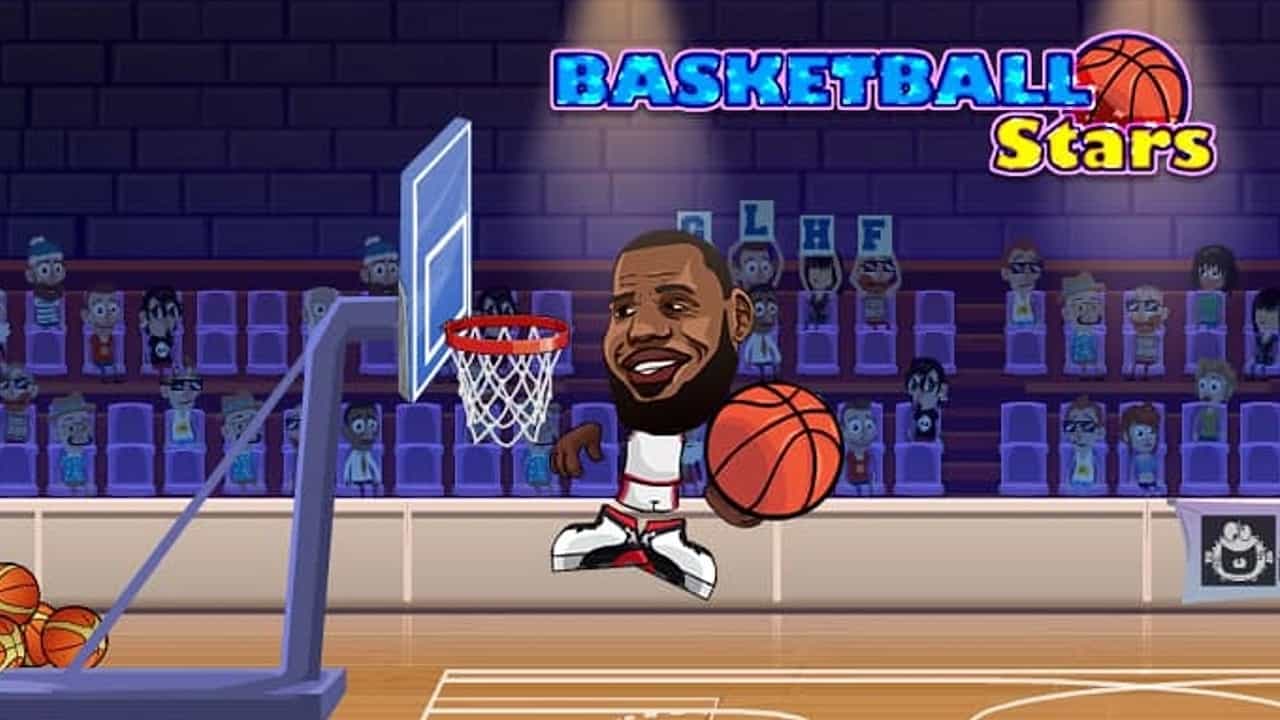The Varied Durations of Little League Baseball Game

The world of Little League baseball is a captivating realm where young athletes learn valuable lessons about teamwork, perseverance, and sportsmanship. Among the many inquiries that surround this beloved sport, one frequently asked question is, “How long does a Little League baseball game last?” While the title “Unlocking the Clock: How Long Does a Little League Baseball Game Last?” might suggest a straightforward answer, the truth is that the duration of these games is anything but predictable. In this article, we’ll explore the factors that contribute to the varying lengths of Little League baseball games and why embracing this unpredictability is an essential part of the sport’s charm.
Nature of the Game:
Unlike professional baseball leagues that adhere to strict time limits, Little League games focus more on skill development and learning experiences for young players. As a result, the flow of the game can be influenced by factors such as player skill levels, coaching approaches, and even the age group of participants. This emphasis on player growth takes precedence over adhering to rigid time constraints, contributing to the varied durations of games.
Skill Building Over Speed:
While the emphasis on skill building in Little League baseball is undoubtedly important, there is a concern that prioritizing this aspect over speed might lead to unintended consequences. While the slower pace of the game allows players to focus on improving their abilities and learning valuable lessons, it’s also essential to acknowledge that an excessive focus on skill development can sometimes hinder the sense of urgency and competitiveness that can drive young athletes to push their limits. Balancing skill building with an understanding of the value of speed and strategic decision-making is crucial to ensure that players not only develop their talents but also learn how to perform under pressure and adapt to the dynamic nature of the game.
Learning Through Experience:
Every baseball game is a unique experience, and the varying durations of Little League games offer valuable life lessons in adaptability and resilience. Both players and spectators have the chance to witness the ebb and flow of a game, appreciating that success isn’t solely defined by the clock. Embracing the uncertainty of game duration teaches young athletes to persevere, stay focused, and adapt to changing circumstances – qualities that extend far beyond the confines of the baseball diamond.
Fostering a Love for the Sport:
While fostering a love for the sport is a commendable goal in Little League baseball, there is a potential downside to solely focusing on this aspect. Placing too much emphasis on cultivating a passion for the game might inadvertently downplay the importance of discipline, dedication, and hard work that are required for success in any endeavor. While enjoying the sport is vital, it’s equally essential to teach young athletes the value of commitment, consistency, and pushing their boundaries to achieve personal and team goals. An overemphasis on cultivating love for the game could potentially undermine the development of qualities that extend beyond the confines of the baseball field, such as perseverance and a strong work ethic.
Conclusion:
“Unlocking the Clock: How Long Does a Little League Baseball Game Last?” might imply a simple answer, but the true essence of Little League baseball transcends the confines of time. The varied durations of these games are a testament to the sport’s commitment to nurturing young athletes, fostering skill development, and imparting valuable life lessons. As parents, coaches, and spectators, we must embrace the unpredictable nature of Little League baseball games and recognize that their duration is a small price to pay for the countless benefits they offer to young players both on and off the field.






























